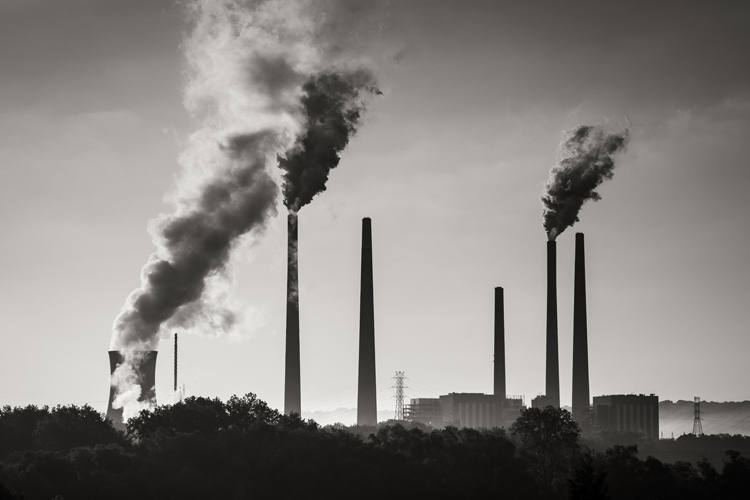James E. Hansen’s congressional testimony in 1988 officially introduced American policymakers to the need for a climate intervention. In the same year, George H.W. Bush declared greenhouse gasses as the enemy, in response to Hansen, when he promised to fight the greenhouse gas effect with “the White House effect” on the campaign trail.
However, a greater, more sly play was at hand. The Climate Change Countermovement (CCCM) initiative was launched into action a year later after his inauguration. This coalition sparked an ever-growing cascade of climate-denying misinformation, which we see the effects of today. They operated through the utilization of conservative think tanks funded by massive fossil fuel corporations and further expanded their reach to encompass a wide array of other misinformation tactics. These include recruiting contrarian scientists and providing more air time on television for these sentiments, along with other, similarly damaging methods. An appalling 90% of climate-denialist books published from 1972 to 2005 can be traced back to the conservative think tanks.
“In 2015, investigative journalists uncovered concern for anthropogenic global warming by Exxon scientists starting at as early as 1977.”
These sentiments were seemingly distributed with a disregard for the truth, as ExxonMobil’s (one of the more prominent contributors to the CCCM) internal documents at this time revealed a clear acknowledgment of the validity of climate change. In 2015, investigative journalists uncovered concern for anthropogenic global warming by Exxon scientists starting at as early as 1977. Other companies, including the American Petroleum Institute, TotalEnergies, and General Motors, have noted the potential for human-caused climate change since at least the 1970s, with the American Petroleum Institute aware of this idea since the 1950s.
” In 2021, about 72% of Americans agreed that global warming was in effect. Paradoxically, this phenomenon is agreed upon by 90%–100% of publishing climate scientists.”
The effects of this disinformation initiative are still felt today. In 2021, about 72% of Americans agreed that global warming was in effect. Paradoxically, this phenomenon is agreed upon by 90%–100% of publishing climate scientists. When compared to this consensus rate, it is evident that the percentage of Americans unbelieving of this concept unnaturally diverges from an almost unanimous agreement from academics, whose opinions are usually highly regarded by the general public.
- Sociological Inquiry (2021). DOI: 10.1111/soin.12333
- Climate Change and Society (2015). DOI: 10.1093/acprof:oso/9780199356102.001.0001
- Handbook of Research on Deception, Fake News, and Misinformation Online (2019). DOI: 10.4018/978-1-5225-8535-0.ch016
- Science (2023). DOI: 10.1126/science.abk0063
- Environmental Research Letters (2016). DOI: 10.1088/1748-9326/11/4/048002






